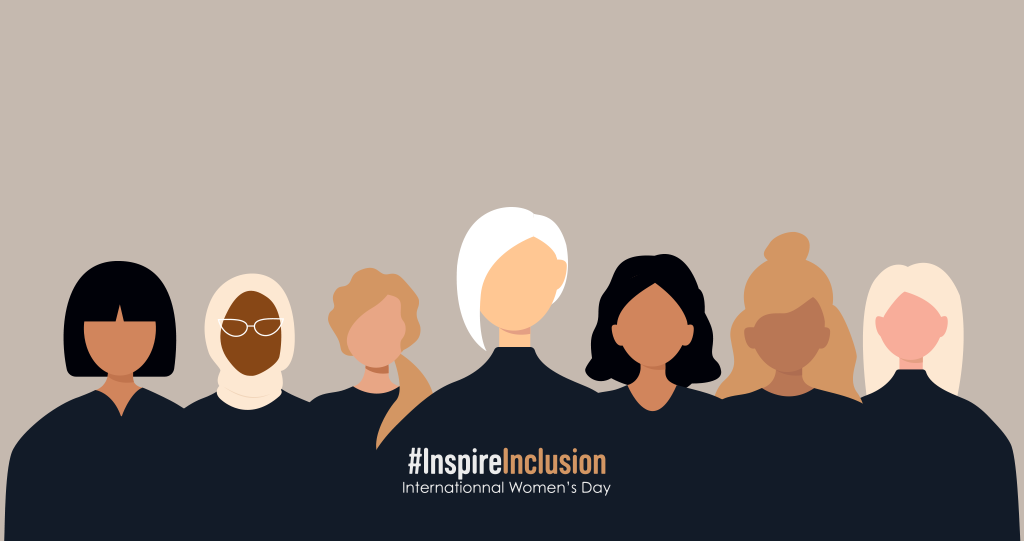Research Says Women In The Workplace Are Twice As Worse-off Financially Compared To Male Counterparts
An overwhelming 40% of female professionals feel underpaid for what they do – with a tenth of women in white-collar roles resorting to additional means of income such as credit cards, or weekend jobs.
The findings – from international recruitment consultancy Robert Walters – comes ahead of International Women’s Day and reveals that just 39% of women earn a salary of $75k or more – 28% less than men. This comes at a time when gender pay gaps and workplace equality is a core focus for organizations across Canada.
Adding into the equation the additional rise in cost-of-living, women appear to be more impacted – in fact, just a quarter (25%) of women feel as though they can live comfortably with a good amount of disposable income for savings or purchases of their choosing.
Other key information uncovered in the research:
- 1 in 10 women rely on additional income outside of fulltime work
- 40% of women feel underpaid for what they do, vs 24% of men
- 67% of men earn a median salary of $75k or more, vs 39% of women
- A quarter of women (24%) have not had a pay rise in the last 12 months, 9% more than men
- Men are twice as likely to receive additional monetary-based perks, such as mortgage allowances
- 17% more men received bonuses in line with their expectations – 65% of men vs 48% of women
Coral Bamgboye – Head of ED&I at Robert Walters Canada comments:
“Whilst the gender pay gap has narrowed over recent years, we still have a significant way to go. Our research indicates that men remain to be on higher wages, feel more satisfied with their salary, and are far more likely to receive a pay rise should they request it.
“As the cost-of-living crisis continues to prevail across Canada – intensified further by record lows on new year bonuses and pay rises – employees are relying on their salaries and job security more than ever. However, with more women reporting that they live ‘paycheck to paycheck’ compared to their male counterparts, we have a serious issue on our hands which could cripple the female workforce in terms of motivation, productivity, and all-round wellbeing.”
Pay Rises That Just Won’t Do
According to the Robert Walter survey, of those professional women who did receive a pay increase this year, the majority got below the current rate of inflation – with 32% receiving a pay increase of 1-5%. Just 9% received an increase of 21% or more; compared to twice as many men (19%) who earnt the inflation busting increase.
Just a quarter (25%) of women have received near 75-100% of the pay rise that they requested, with double the number of women than men stating that they received nothing following negotiation.
A further quarter of women (24%) have admitted that they have not received a pay increase at all within the past 12 months. This is particularly concerning when we address that in 2022, Canada saw the largest increase in Consumer Price Index since 1982 – increasing by +6.8% from 2021.
Women Hesitant to Negotiate
Whilst the need for higher salaries and monetary benefits is evident from women, it seems that many are facing barriers which prevent them from negotiating.
Almost a fifth (16%) admit to being hesitant in negotiating salaries because they ‘do not believe their employer will provide the pay rise.’ A further double the number of women than men stated that they felt a lack of confidence or embarrassment when it comes to negotiating for better pay.
Coral adds: “The gender pay gap has been prevalent for as long as the modern economy has and because of this, women should be supported by their employers in a way that makes them feel comfortable and confident when it comes to salary negotiation.
“Whilst organizations work to bridge the gap, employers need to be more prepared to address issues and make changes – particularly when it comes to appraisals and benchmarking salaries more fairly, without waiting for employees to seek fair pay themselves.
“Employers must remember that we’re in the midst of a talent shortage. If women find it significantly more difficult getting by on their current wage, particularly as we navigate through this tough economy, it may be more appealing to look for new jobs rather than preparing for conversations around salary negotiation – especially when many believe these conversations won’t be successful.”
The Benefits Gap
Men are also twice as likely to receive additional monetary-based perks than women, broken down below:
| Benefit | Men | Women |
| 410k Retirement Plan | 25% | 19% |
| Bonus Scheme | 19% | 11% |
| Equity/ Company stocks/shares | 12% | 6% |
| Mortgage allowance | 11% | 6% |
About Robert Walters
With more than 4,300 people in 31 countries, Robert Walters Group deliver recruitment consultancy, staffing, recruitment process outsourcing and managed services across the globe. From traditional recruitment and staffing to end-to-end talent management, our consultants are experts at matching highly skilled people to permanent, contract and interim roles across all professional disciplines, including; Accounting & Finance, Banking & Financial Services, Engineering, Human Resources, Information Technology, Legal, Sales & Marketing, Secretarial & Support, Supply Chain & Procurement. www.robertwaltersgroup.com
Georgia Peglar is a Senior Marketing Executive with Robert Walters Canada.
For the latest HR and business articles, check out our main page.
Reader Feedback
We want to hear from you!
Do you have a story idea you’d like to see covered by PeopleTalk?
Or maybe you’ve got a question we could ask our members in our People & Perspectives section?
Or maybe you just want to tell us how much you liked the article.
The door is always open.







